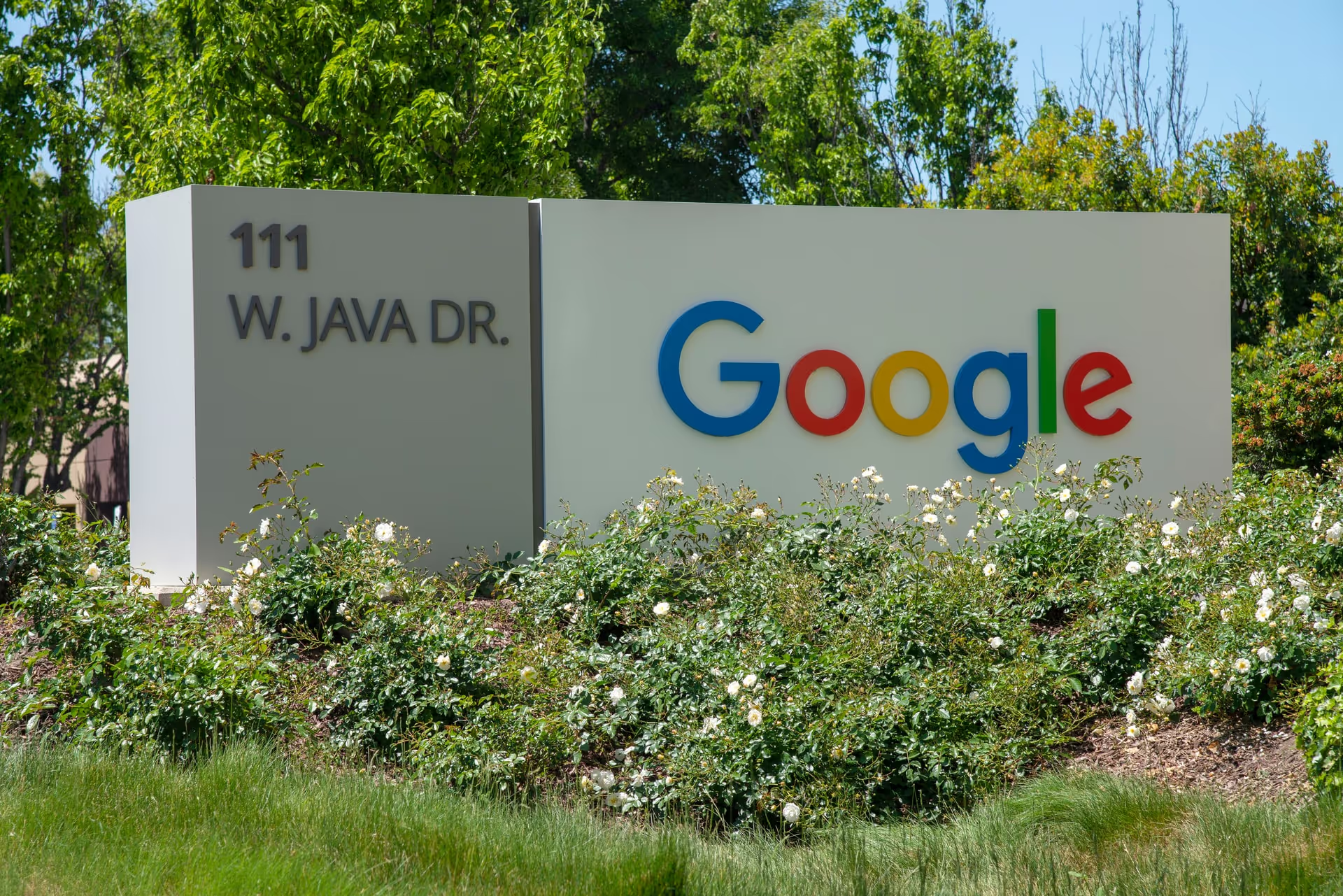SEO (Search Engine Optimization) is an essential component of the digital marketing strategy. A vital element of a successful digital marketing campaign is optimizing the site. SEO helps optimize the size and brings customers to the site, increasing brand recognition and converting visitors to customers. It acts as the bridge that connects your business or brand to your audience. Let us begin by looking into some of the SEO mistakes that need to be avoided.
10 SEO Mistakes to Avoid
- Broken Images and Missing Alternative Texts: Missing alt tags or broken images are common mistakes and errors that you should avoid. Alternative tags (alt tags) are HTML images' attributes that help describe the content. In instances where an incorrect file path, improper filename or the wrong extension is used, the image component on the website does not render well. In such cases, an alt tag for the image will describe its function and contents on the page besides reinforcing the desired keyword, which helps crawlers to understand the page
- Long Messy URLs: Another SEO mistake you should avoid is long, messy, and uniform resource locators (URLs). URL is a web address specifying a web page's location on the It benefits SEO by providing more search visibility and a better user experience. Factors that make URLs less readable and make your audience lose interest in opening the link include using too many connectors or stoppers, including special characters like <space>, %, #, using HTTP instead of HTTPS and including more than two folders in your URLs. Ideally, URLs should be shorter than 2083 characters (512 pixels) to avert truncation by Google and render correctly in all browsers.
- Low Text to HTML Ratio: Mistakes that individuals ignore are related to technical Low text-to- HTML ratio is a vital indicator for improving page load times. An HTML- heavy webpage can adversely affect the user experience and loading times. Although content on the webpage is in textual format, HTML code like images, JavaScript, links, and headings underlie it. A good text to HTML ratio is anywhere between 25 and 70 percent. A low text to HTML ratio points to deeply rooted problems with your website's on- page technical SEO. Low ratios could include slow-loading websites, hidden text and excessive use of flash, inline styling, and JavaScript.
- Generic or naked anchor text: You should avoid generic anchor text or even naked hyperlinks as these can not only hurt SEO but can also be confusing for users or fail to help people understand where the link leads. Anchor text helps search engines and the users understand what the linked page is about. Use keywords instead of generic anchor text phrases on the page you are linking to.
- Bad robots.txt settings: A txt file is a powerful tool for controlling search engine crawler bots. However, one of the most common SEO mistakes is to set it up wrongly and risk indexing problems. You should not use it to hide web pages from Google Search results. Googlebot takes indexing commands in robots.txt files as suggestions in recent years. It is because other links pointing to those pages won't reflect the preferred indexing status, and Google can still arrive at the page using those. Index and coverage status do not reflect your preferences without proper on-page robot commands if you only rely on robots.txt for indexing. Within the individual page's source code, a better way is to use "noindex" or "nofollow" HTML tags.
- Overlooking the Site Auditing: A site audit is critical after every Google update, as monthly auditing is good for site Marketers have to go through many steps to run a website, like keyword research, writing an article, making it SEO optimized, editing images and more. Therefore, it is common to forget about site auditing on a weekly or monthly basis. Overlooking the site auditing must be avoided because site auditing will improve site performance and save content from getting the Google penalty.
- Using Too Many Keywords: Keyword density is essential in content production but peppering your content repeatedly with keywords could be a painful penalty. Therefore, it is necessary to stay away from keyword stuffing as much as possible. You must use keywords but should not repeat or put the same keywords in every sentence or every paragraph of the Google considers keyword stuffing spam and even Latent Semantic Indexing (LSI), which recognizes your content topic without having to stuff it with keywords. Therefore, focus your content without keyword stuffing on providing useful, relevant information to your audience only with the relevant keywords.
- Poor Linking Practices: In SEO, external and internal links are essential for the content. These links allow the Googlebot to crawl the website, make sense of the site's structure, and figure out which links on the site are pertinent to the topic or query. High-quality external links are needed to improve ranking. If you provide users with links to high- quality, additional and related content, Google will consider the site relevant and While linking to low-quality or random sites can result in Google pushing you down the search results. Therefore, experts suggest linking sites with a Domain Authority (DA) of 50 and up as they are considered respected and authority sites. Internal links refer to links within your site, so they must also be in order. Skipping internal links can result in missed opportunities for on-site engagement and ranking. Google might consider your content spam and diminish your visitors' user experience if it has too many links.
- Taking Local SEO for Granted: Local SEO is crucial for your business as local SEO works differently than global/national SEO. It is because the audience is in a specific location, and they have a unique search To stand out from the competition, you need to satisfy this query. When working with local SEO, the mistakes you must avoid include inconsistent listing details, neglecting local keywords and not getting listed. Some of the top things potential customers would search for are your NAP details, or Name, Address, and Phone number. Therefore, you should keep these details consistent if your business is listed across different platforms. Adding words or abbreviations can hurt your business. Local SEO is necessary for businesses serving a particular area, so you must also optimize your web content for local searches. You can localize your keywords by adding your location, making it easier for the users to understand that the business is run and operated in that area. Listing the business on various sites like Yelp, FourSquare, and Google will enhance the businesses' Your business' potential for exposure and awareness.
- Resorting to Black Hat Techniques: To get a higher ranking, you might resort to shady tricks to fool the bots, known as the black hat strategy. Although you may get a higher SERP ranking, it will be You can receive a manual penalty when search engines catch the black hat techniques. Keyword stuffing, buying backlinks, duplicating content, comment and link spamming, negative SEO, and posting fake content are some black hat techniques. In addition, black hat techniques do not create a pleasing experience for the audience as they often produce misleading experiences that may lead customers or the audience to lose trust in your brand.





